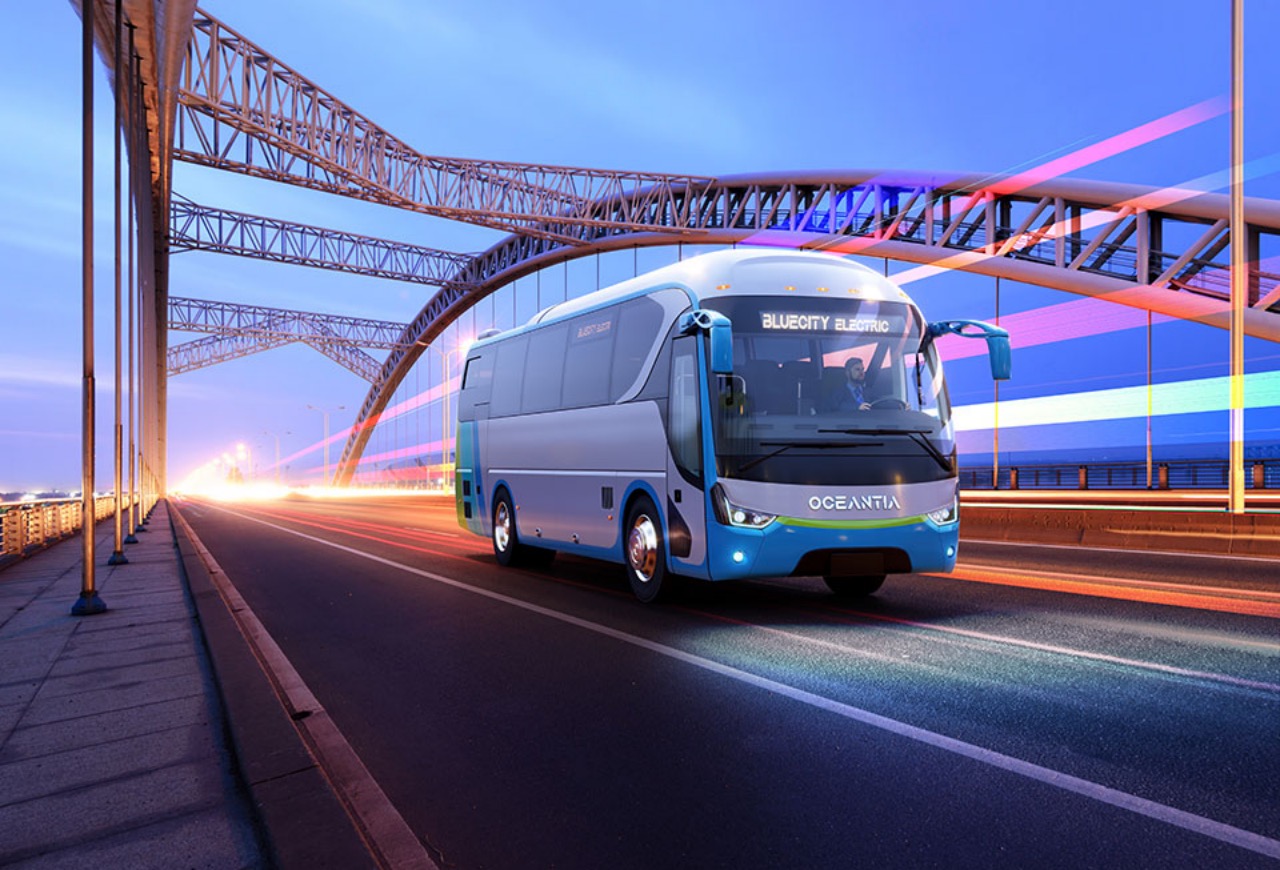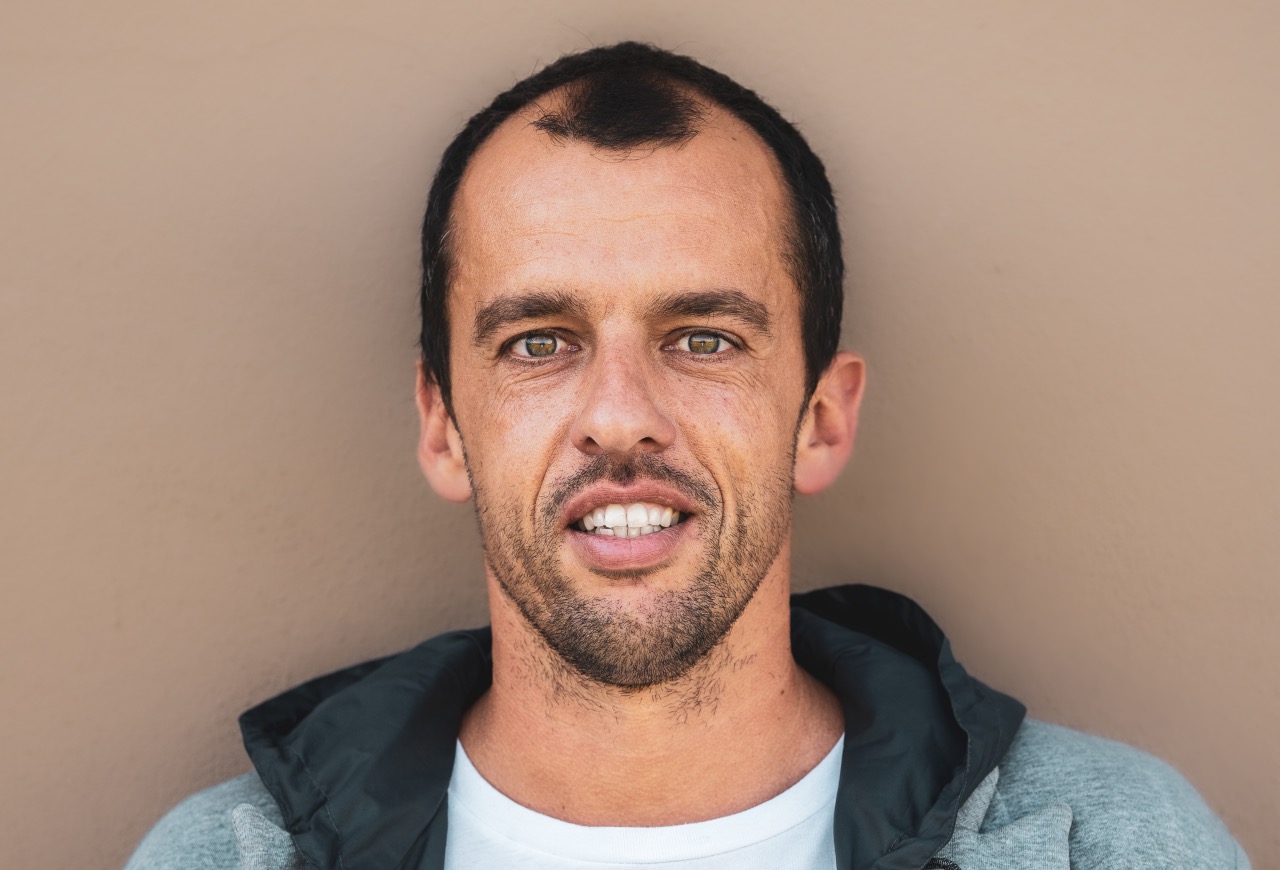Goparity offers individuals and organisations the ability to crowdlend to social and environmental projects. So far, it has funded more than 200 impact projects in countries across Europe, South America and Africa

Goparity, a Portuguese impact finance and investment platform, has raised €1.5m through its first equity crowdfunding campaign held on the Crowdcube platform.
The startup initially set itself a target of €1.2m, but after reaching it in under two hours, it decided to extend its fundraising goals and is still accepting investments.
Launched in 2017, Goparity offers individuals and organisations the ability to crowdlend to a range of social and environmental impact projects through its consumer-facing app. The platform offers users a wide range of projects to choose from, from both non-profits and for-profit companies, in return for an average annual interest rate of 5.25% and an average time to maturity of 3.6 years, when the original loan is paid back.
The platform currently has more than 24,000 users, predominantly from Europe and in particular from Portugal and the Portuguese diaspora, with a growing user base in South America.
Investors in the equity crowdfunding round include impact investors Mustard Seed Maze, Portuguese software company Critical Software, business angels and philanthropic investors, as well as the public. More than €400,000 of the total has been raised from private individuals, a fact the company’s co-founder and CEO chief executive Nuno Brito Jorge is particularly proud of.
He said: “We’re fully convinced that a purpose and collaboration-driven company like us will do much better if it is partly owned by the community it serves.”
Impact across SDGs
Speaking to Impact Investor, Brito Jorge said that the idea to launch Goparity, started to take shape after being unable to find a sustainable way to invest savings he had made after living abroad for several years, after which a small solar power project he invested in “turned into a collective investment alongside friends and family and a few years later Goparity was born”.

He added that when the company first launched it was mainly focused on lending to renewable energy projects but has since broadened its horizons to include any project with a measurable impact on the environment and society.
He said: “As long as a project demonstrates that it can contribute to at least one of the SDGs, we will consider it for inclusion on the platform. We have projects that focus on the circular economy, health and alleviating poverty, among other things, although we still have a bias towards renewable energy, simply because these projects have a higher level of maturity.”
The projects include a campaign by Swedish renewable energy installer Recap Energy aimed at refinancing 11 solar energy projects in Colombia, a project from ORIGEM, a Portuguese sustainable bamboo eyewear specialist which is using the platform to finance the production and sale of over 600 bamboo sunglasses, and Portuguese startup Oceântia, which is using the loans to develop a new model for an electric bus with zero CO2 emissions.
Managing impact and risk
Brito Jorge said that the company had a dedicated impact team who assessed the projects for eligibility: “Whether it’s avoided carbon emissions or jobs created, our impact team analyses each project for inclusion on the platform. Their contract with us, which we make available to all our users, also stipulates their impact aims and we work closely with the project promoters throughout the lifecycle of the projects to ensure they are on track to meeting those aims.”
To date, Goparity through its crowdlending says it has avoided 23,000 tonnes in CO2 emissions, generated 9000 MWh of clean energy, contributed to 873 hectares of sustainable water and land management, and helped more than 80,000 vulnerable people.
Brito Jorge said that as with any investment the projects carried some degree of risk but added that to date only 1% of loans had been in default. He explained: “In addition to impact, we do of course analyse the financial viability of the projects we choose for our platform. We agree risk mitigation strategies with the project promoters, which we incorporate into the contracts we sign with them and if a company is late on its repayments, we work with them to restructure the payment plan to something that is more workable. To date not a single project has declared insolvency.”
Green bank and North America expansion
Goparity currently uses the crowdfunding payment solutions platform Mangopay to create an Iban account for each new user, which is used to invest into the projects, with a minimum lending threshold of €5.
The platform is open to most investors across Europe, South America and Africa, who can choose to manually invest in the projects most closely aligned with their goals or opt for auto-investment.
Brito Jorge explained that the next step would be to use the money raised from the equity crowdfunding round to launch a payment card and online bank.
He said: “In the future, we would like consumers to use their Goparity account to pay for different goods and services and use it as their ‘green’ banking solution. We hope to do this over the next 12 months or sooner if we can.”
The company, which currently operates out of Lisbon, also wants to grow its users in Europe, with plans to open an office in Barcelona, and to extend its user base to North America, with the opening of a third office in Canada by next year.






